Should You Treat a Family Member?
© 2025 HMP Global. All Rights Reserved.
Any views and opinions expressed are those of the author(s) and/or participants and do not necessarily reflect the views, policy, or position of Cath Lab Digest or HMP Global, their employees, and affiliates.
Morton Kern with contributions from Larry Dean, Seattle, Washington; Kirk N. Garratt, Newport, Delaware; Steven Goldberg, Monterey, California; Mitchell Krucoff, Raleigh, North Carolina; Jeff Marshall, Atlanta, Georgia; Jeffrey Moses, Rosyln, New York; August Pichard, Washington, D.C.; Charanjit S. Rihal, Rochester, Minnesota; Arnold Seto, Long Beach, California; Paul Teirstein, La Jolla, California; Bonnie Weiner, Worchester, Massachusetts
Morton J. Kern, MD, MSCAI, FACC, FAHA
Clinical Editor; Interventional Cardiologist, Long Beach VA Medical Center, Long Beach, California; Professor of Medicine, University of California, Irvine Medical Center, Orange, California
Disclosures: Dr. Morton Kern reports he is a consultant for Abiomed, Abbott Vascular, Philips, ACIST Medical, and Opsens Inc.
Dr. Kern can be contacted at mortonkern2007@gmail.com. On X @MortonKern
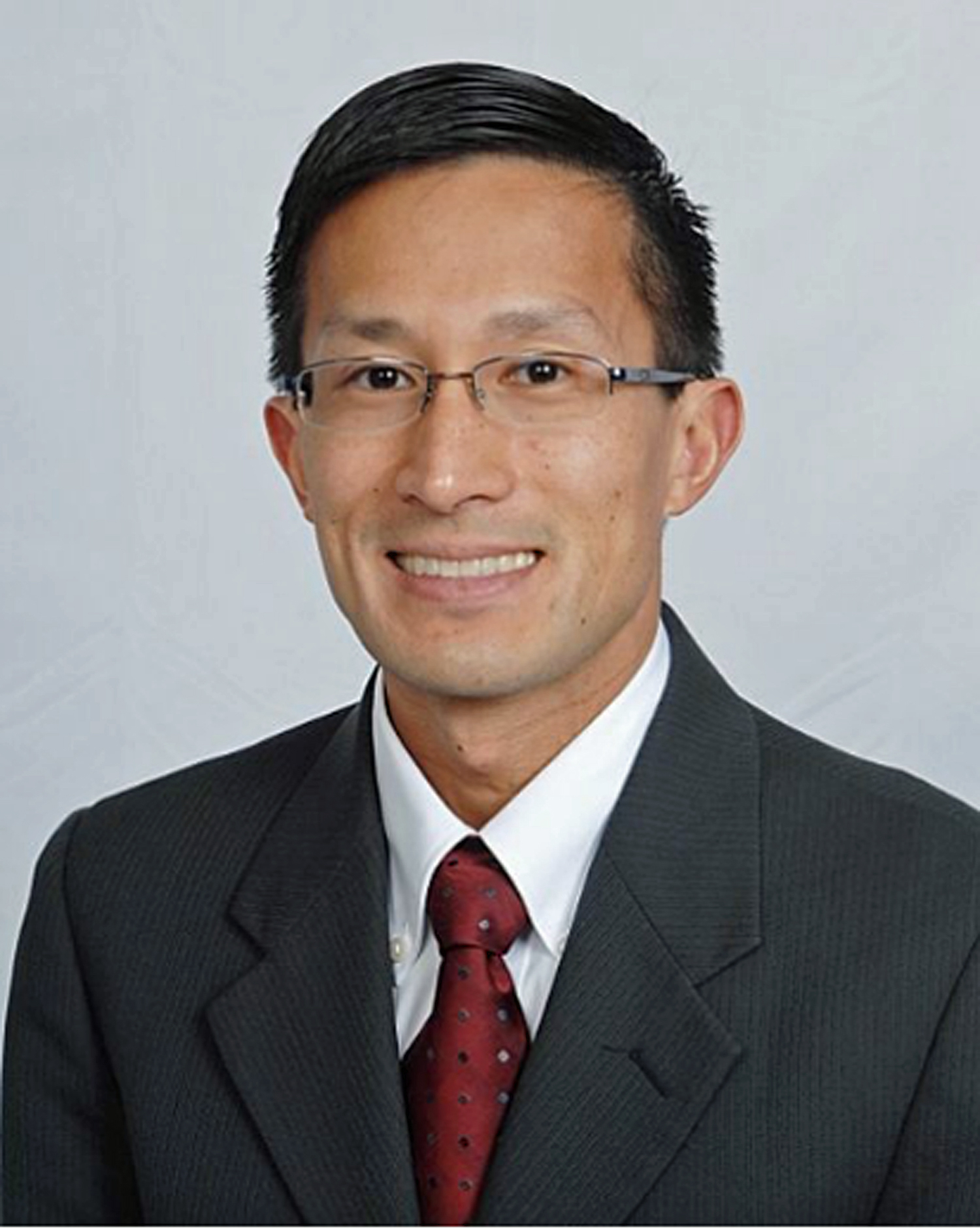 Arnold Seto, Long Beach, California: In Western culture, individual autonomy and freedom take precedence, so that the dual role of an objective physician is felt to be incompatible with being a family member. In Asian cultures, there is a higher responsibility to care for the family.
Arnold Seto, Long Beach, California: In Western culture, individual autonomy and freedom take precedence, so that the dual role of an objective physician is felt to be incompatible with being a family member. In Asian cultures, there is a higher responsibility to care for the family.
My recent experience — my father needed a pacemaker after having syncope. I tried to coordinate care with a colleague and fought insurance, and finally thought I should just bring him to my hospital and do it myself.
I know of a colleague who had to bring his relative to his hospital to ensure he got adequate care for his unstable angina. He brought him just in time to save him from a ST-elevation myocardial infarction (STEMI) related to his under-expanded stents from non-intravascular ultrasound (IVUS)-using interventionalists.
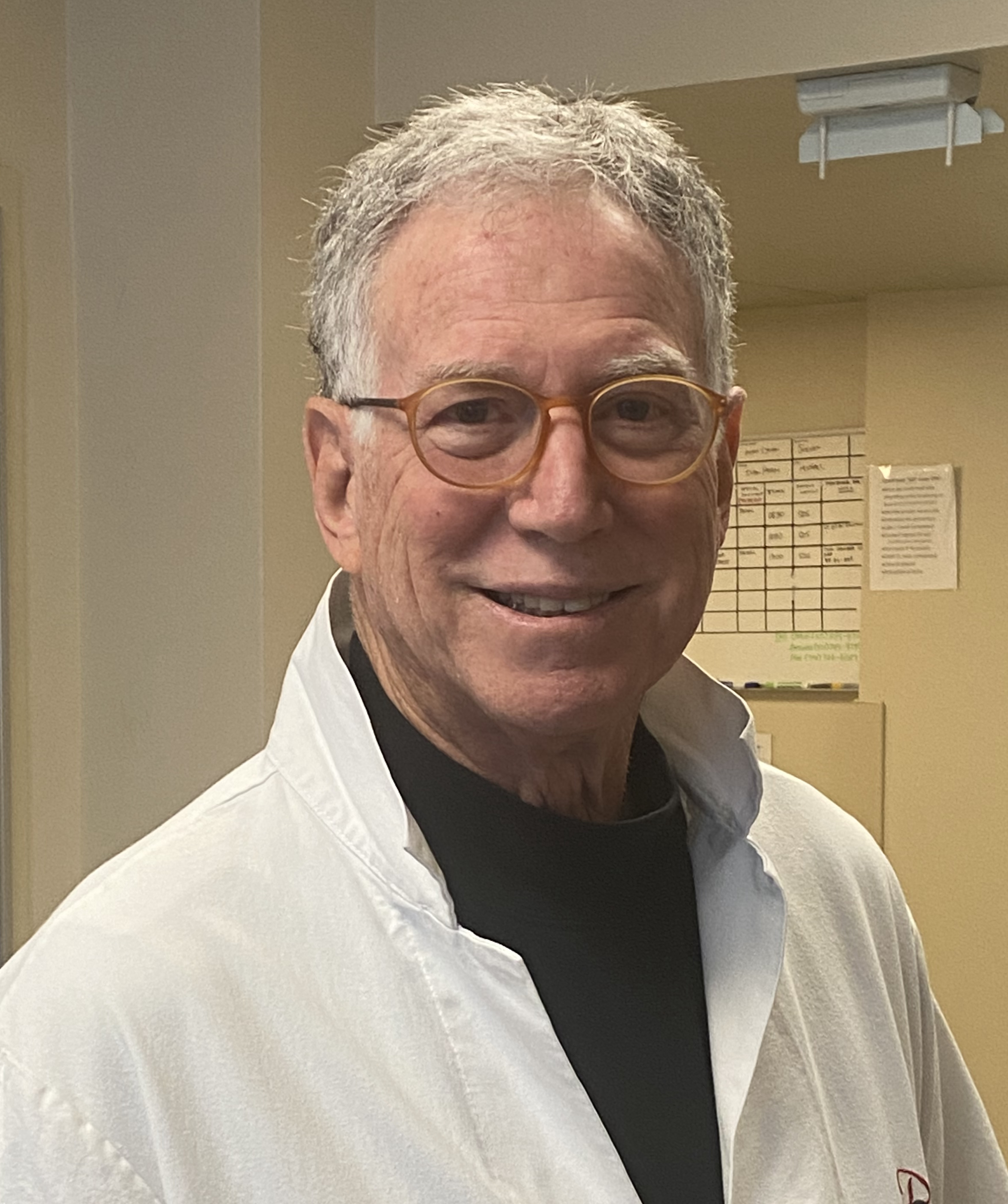 Morton Kern, Long Beach, California: My view is not to treat a family member if at all possible but to stay tuned to the care that is rendered by someone you recommend or know. My own experience of treating 2 in-laws and a father of a very close family friend reminded me of how much stress that brought and how bad I would feel if there was a complication. For these 3 patients, I had little choice, but I should have thought twice. Fortunately, there were good results all around, but I never went this way again.
Morton Kern, Long Beach, California: My view is not to treat a family member if at all possible but to stay tuned to the care that is rendered by someone you recommend or know. My own experience of treating 2 in-laws and a father of a very close family friend reminded me of how much stress that brought and how bad I would feel if there was a complication. For these 3 patients, I had little choice, but I should have thought twice. Fortunately, there were good results all around, but I never went this way again.
On a personal note, if I needed a stent, I would get it from a trusted colleague, someone whose reputation and experience warrant my confidence. For privacy purposes, I would not have the procedure at my hospital but one of equivalent good standing. (As an aside, I did have leg surgery at Saint Louis University when I worked there years ago. Very professional and my presence was not public knowledge until well after discharge).
My question to my colleagues: “Would you treat your family members?”
The American Medical Association (AMA)’s statement on this can be found at AMA Code of Medical Ethics, 1.2.1 Treating Self or Family,1 AMA Principles of Medical Ethics: I, II,IV.2
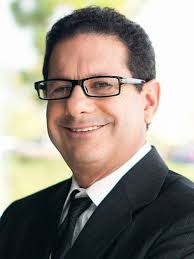 Paul Teirstein, La Jolla, California: I did a cath/percutaneous coronary intervention (PCI) on my father with Jeff Moses and Roxanna Mehran at Columbia about 17 years ago. My dad (a physician) had an elevated creatinine and the night before he told me with only partial sarcasm, “You guys are going to put me on dialysis tomorrow. I’ll be dead in four years.” At that time, we were just inventing ultra-low contrast cath/PCI, so I wanted to push the dye. It was very successful...diagnostic cath plus stent with only 7 cc contrast and we published the case in Catheterization and Cardiovascular Interventions.3 BUT…I hated it!!! I will never forget Jeff’s reaction. He walked into the room, took one look at me and said “Paul, I have never seen you nervous during a case before!” My dad...a looming figure in my mind...looked so small on the table. The stress was enormous and much more intense than any of the VIPs I have stented...including Mother Teresa. I kept thinking what it would be like to face my family if there was a bad outcome. I was terrified. I strongly suggest not working on close friends or family members if you can avoid it.
Paul Teirstein, La Jolla, California: I did a cath/percutaneous coronary intervention (PCI) on my father with Jeff Moses and Roxanna Mehran at Columbia about 17 years ago. My dad (a physician) had an elevated creatinine and the night before he told me with only partial sarcasm, “You guys are going to put me on dialysis tomorrow. I’ll be dead in four years.” At that time, we were just inventing ultra-low contrast cath/PCI, so I wanted to push the dye. It was very successful...diagnostic cath plus stent with only 7 cc contrast and we published the case in Catheterization and Cardiovascular Interventions.3 BUT…I hated it!!! I will never forget Jeff’s reaction. He walked into the room, took one look at me and said “Paul, I have never seen you nervous during a case before!” My dad...a looming figure in my mind...looked so small on the table. The stress was enormous and much more intense than any of the VIPs I have stented...including Mother Teresa. I kept thinking what it would be like to face my family if there was a bad outcome. I was terrified. I strongly suggest not working on close friends or family members if you can avoid it.
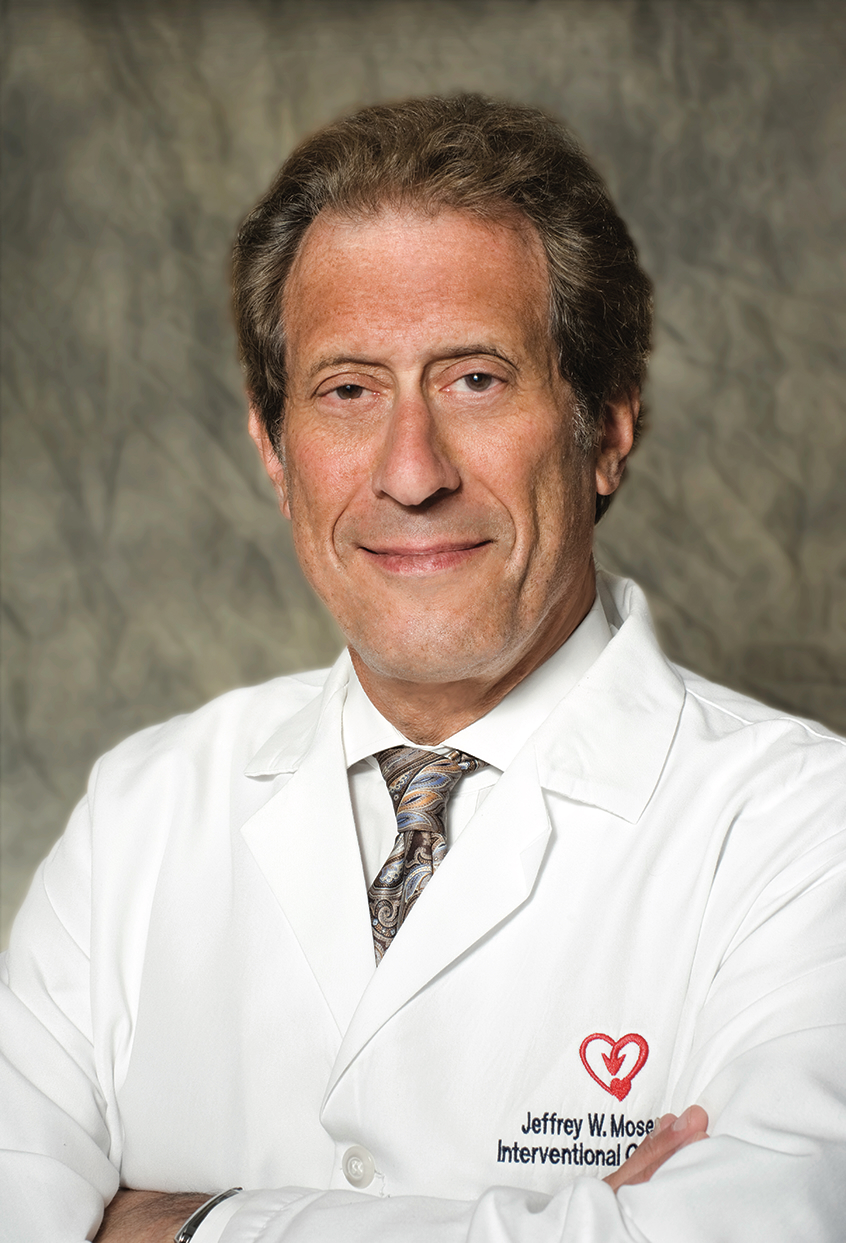 Jeffrey Moses, Rosyln, New York: I think the AMA policy is spot on. The essence of professionalism is the ability to exclude your personal needs from consideration as you make decisions about your patients. I find the notion that this is possible with a family member disingenuous or naive. I have faced this many times and have been lucky enough to have skilled colleagues willing to take on the burden. Moreover, one must act as an informed family member when interacting with the caregivers and respectfully not second-guess their decisions that they will nonetheless inevitably run by you.
Jeffrey Moses, Rosyln, New York: I think the AMA policy is spot on. The essence of professionalism is the ability to exclude your personal needs from consideration as you make decisions about your patients. I find the notion that this is possible with a family member disingenuous or naive. I have faced this many times and have been lucky enough to have skilled colleagues willing to take on the burden. Moreover, one must act as an informed family member when interacting with the caregivers and respectfully not second-guess their decisions that they will nonetheless inevitably run by you.
Larry Dean, Seattle, Washington: My answers:
Q: If you needed medical care, would you like a family member to be your physician of record?
Nope.
Q: What about a very close personal friend performing a heart cath on you?
I consider colleagues friends so that would be fine.
Q: Is it unethical to treat a family member yourself? Have you done this?
I’m not sure it’s unethical but not a good idea in my mind and I’ve never done this before.
Q: Do you want to have this care in the hospital where you work every day?
Yes. Can’t imagine walking into a facility where I don’t practice to have a procedure.
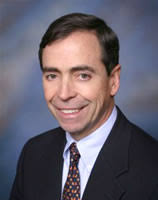 August Pichard, Washington, D.C.: My life has been in the cath lab, making me, by default, very experienced and at very high-end institutions. I did a diagnostic cath on my father when I was Director of the Cath Labs at Mount Sinai Hospital in New York City. My father, a cardiologist himself, would not let anyone else do it! He had an anomalous right coronary artery (RCA), and a dilated aorta from aortic regurgitation. It was a brachial cutdown in those years. I was not nervous at all. I knew exactly what I had to do. [Dr.] Dick Gorlin and others took my father for dinner that night in NYC (this is years before outpatient cath existed). I also did a diagnostic cath on my brother a few years later. No other direct relatives, but many close acquaintances. Once on the table, it was a patient for me, like all others: someone I cared most for, who I wanted to give all my expertise to help their healing. Obviously, I would not treat a relative in an area outside of my true expertise. Also, in accordance with the AMA guidelines, a diagnostic cath could be considered a minor issue. Especially then, when intervention was not yet introduced in the cath lab.
August Pichard, Washington, D.C.: My life has been in the cath lab, making me, by default, very experienced and at very high-end institutions. I did a diagnostic cath on my father when I was Director of the Cath Labs at Mount Sinai Hospital in New York City. My father, a cardiologist himself, would not let anyone else do it! He had an anomalous right coronary artery (RCA), and a dilated aorta from aortic regurgitation. It was a brachial cutdown in those years. I was not nervous at all. I knew exactly what I had to do. [Dr.] Dick Gorlin and others took my father for dinner that night in NYC (this is years before outpatient cath existed). I also did a diagnostic cath on my brother a few years later. No other direct relatives, but many close acquaintances. Once on the table, it was a patient for me, like all others: someone I cared most for, who I wanted to give all my expertise to help their healing. Obviously, I would not treat a relative in an area outside of my true expertise. Also, in accordance with the AMA guidelines, a diagnostic cath could be considered a minor issue. Especially then, when intervention was not yet introduced in the cath lab.
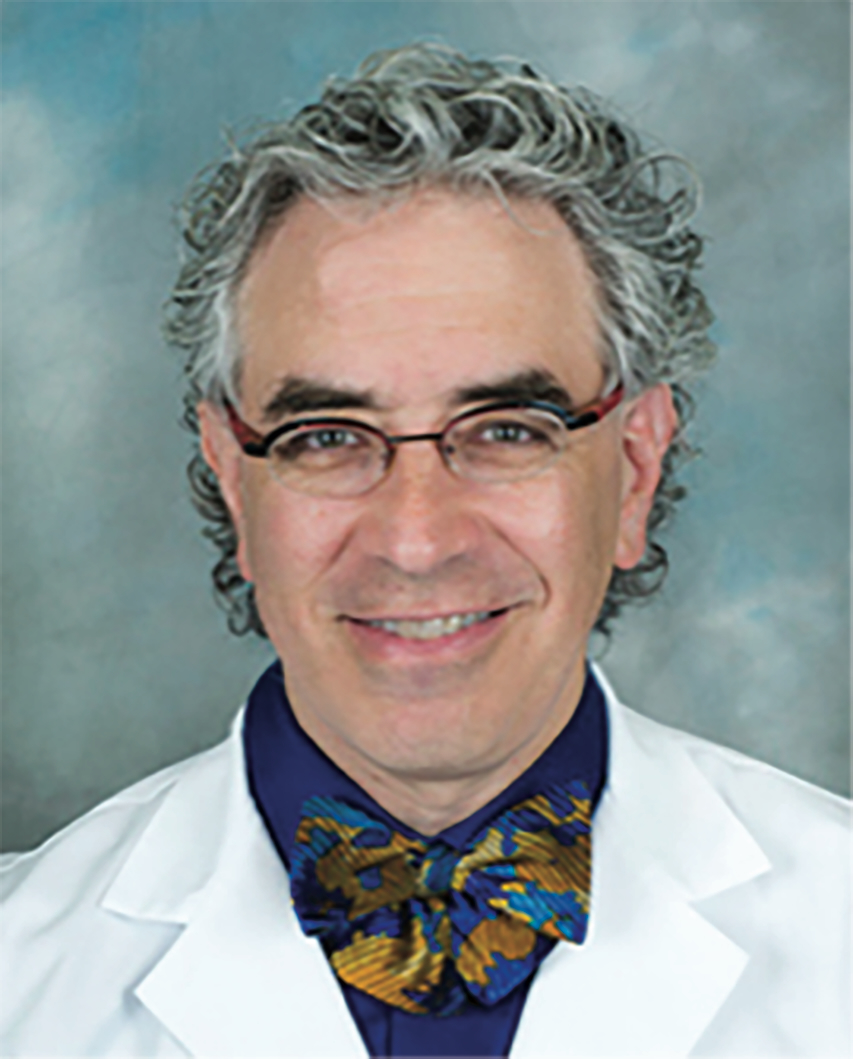 Steven Goldberg, Monterey, California: I did a diagnostic cath on my mother-in-law when she came to visit us over the Thanksgiving holidays one year. Of note, when I first started dating my wife, I agreed to consult on her mother (our first meeting), so we already had a professional relationship that extended back several years. That did make it a bit different in some respects. In any case, she did not trust the cardiologists where she lived (due to some unpleasant experiences) and she wanted a radial access, which I did (but no one else did at that time, neither where she lived nor where I worked). The case went fine, but she then enjoyed pointing out the bruise over her access site for the entire Thanksgiving weekend, so I had to live with that.
Steven Goldberg, Monterey, California: I did a diagnostic cath on my mother-in-law when she came to visit us over the Thanksgiving holidays one year. Of note, when I first started dating my wife, I agreed to consult on her mother (our first meeting), so we already had a professional relationship that extended back several years. That did make it a bit different in some respects. In any case, she did not trust the cardiologists where she lived (due to some unpleasant experiences) and she wanted a radial access, which I did (but no one else did at that time, neither where she lived nor where I worked). The case went fine, but she then enjoyed pointing out the bruise over her access site for the entire Thanksgiving weekend, so I had to live with that.
That said, I am not a big fan of doing what I did, but had a hard time saying no, and fortunately it worked out fine. Nevertheless, should anything have gone wrong, it would have been devastating. The fact that her arteries were normal substantially reduced the risk. If she required stenting, that could have been difficult.
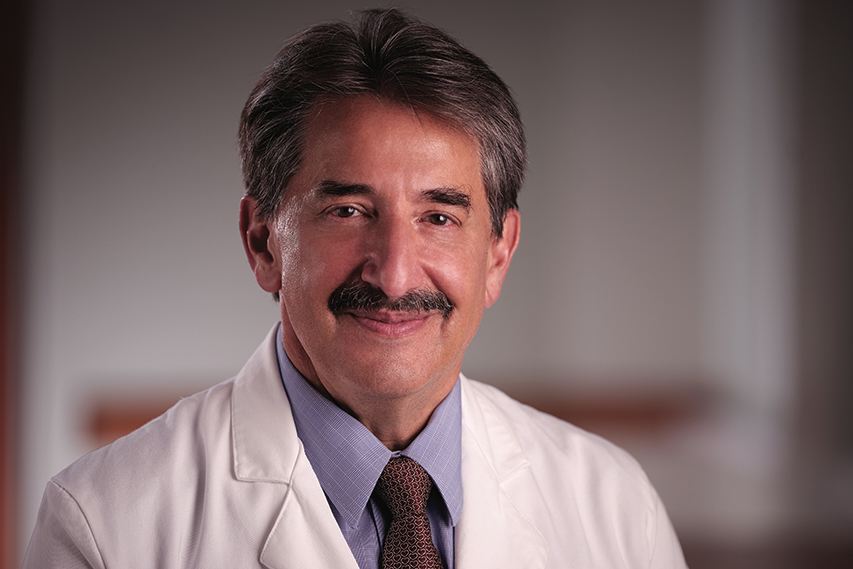 Mitchell Krucoff, Raleigh, North Carolina: To me, the common theme of this question is how, as a physician, to play the most important role we can to family or friends who develop medical needs for skills that happen to be what we do for a living. Across the board, my primary agenda is to accompany them on their path, helping to find the path that leads to the combination of the best technical procedure and the most comfortable/compassionate circumstance — two dimensions that are both centered on trust and good faith.
Mitchell Krucoff, Raleigh, North Carolina: To me, the common theme of this question is how, as a physician, to play the most important role we can to family or friends who develop medical needs for skills that happen to be what we do for a living. Across the board, my primary agenda is to accompany them on their path, helping to find the path that leads to the combination of the best technical procedure and the most comfortable/compassionate circumstance — two dimensions that are both centered on trust and good faith.
For close family members, I share the vibes in most of these [comments], including a deep terror around the possibility of doing them harm or costing them their life — vibes powerful and irrational enough that they may undermine the ability to deliver a technically best procedure. In this setting, I have learned the most important role that I can play is to be a knowledgeable loved one who can make damn sure they get into the best of hands, have deep trust in their doctor, and at any time access to my confirmation that they are in the best of hands…From there, the patient and family all can surrender to “surgeon does the procedure, God heals the heart…” for what happens next.
For close friends, for me, it’s very different. If after 40 years I can claim to be an expert and technically capable, my presence in the lab at their bedside as the primary operator who is also a known caring/loving friend provides them unique reassurance to surrender to whatever comes next. Distrust in medical caretakers has increased in the modern era. But they can have complete trust in a friend who has skills to be used on their behalf. And I can be comfortable that for them I can focus, and technically provide the best of hands, even as the trust of knowing me adds relaxation, which as we all know means more vasodilation and lower heart rates…and we also know faith and trust promote better procedural outcomes!
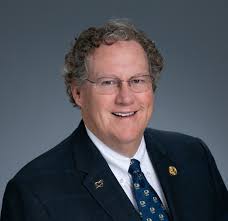 Jeff Marshall, Atlanta, Georgia: Great discussion! I would like to add two other pieces of data. The first from the Federation of State Medical Boards (FSMB) and their policy on treating family members or close relatives.4 This perspective adds to the concept of dual relationships that can cloud judgement. The policy points out the implicit power gradient between physicians and their patients, and how this power gradient can become confused when treating a family member. While this concept may not be incredibly confusable in a usually mundane, outpatient procedure like a cath or a PCI, it can establish a doctor-patient relationship that could extend beyond the cath lab. Hypothetically, what would you do if your family member had a complication that involved pain and suffering? It could be simple or complex, but this dual relationship with a family member and physician can lead to disastrous conclusions.
Jeff Marshall, Atlanta, Georgia: Great discussion! I would like to add two other pieces of data. The first from the Federation of State Medical Boards (FSMB) and their policy on treating family members or close relatives.4 This perspective adds to the concept of dual relationships that can cloud judgement. The policy points out the implicit power gradient between physicians and their patients, and how this power gradient can become confused when treating a family member. While this concept may not be incredibly confusable in a usually mundane, outpatient procedure like a cath or a PCI, it can establish a doctor-patient relationship that could extend beyond the cath lab. Hypothetically, what would you do if your family member had a complication that involved pain and suffering? It could be simple or complex, but this dual relationship with a family member and physician can lead to disastrous conclusions.
This then leads me to the second issue, from my tenure on the Georgia Composite Medical Board. There are innumerable instances in the public domain of physicians treating family members in what begins as “one simple procedure”. Unfortunately, this simple beginning can morph into a destructive relationship of other treatments that can and have resulted in a physician’s loss of license or even criminal convictions. It starts insidiously as, “Honey, I’m having trouble sleeping since the cath”, or “my wrist and arm still hurt”. It sounds melodramatic but, this can be the trap door that some physicians cannot avoid due to these power gradients with family members.
So, a word to the wise. While certainly, “none of us would ever prescribe like that to a family member”, it is seen every month at Investigative Committees of State Medical Boards across the country. The best way to avoid this trap door is to never treat a family member except in an emergency. Even then, if you prescribe antibiotics to a suffering loved one with a sinus infection, make sure you have some type of written record of your doctor-patient relationship. The FSMB and your State Medical Boards are there to protect the public and they have stated that treating family members is essentially taboo.
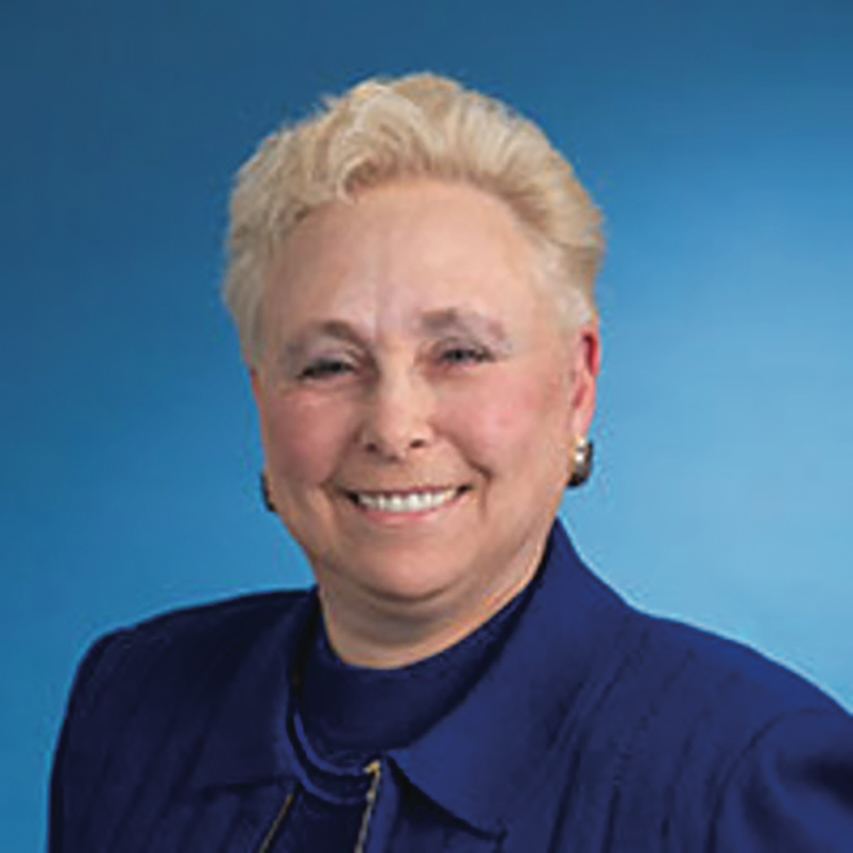 Bonnie Weiner, Worchester, Massachusetts: Jeff, perhaps one of the few times that FSMB makes an important statement. I totally agree with not treating family. We can be advisors as informed individuals who can help with navigating confusing or unclear situations but not treat. As far as friends are concerned, there are “friends” and “FRIENDS”. This too can be a slippery slope.
Bonnie Weiner, Worchester, Massachusetts: Jeff, perhaps one of the few times that FSMB makes an important statement. I totally agree with not treating family. We can be advisors as informed individuals who can help with navigating confusing or unclear situations but not treat. As far as friends are concerned, there are “friends” and “FRIENDS”. This too can be a slippery slope.
Jeff Marshall, Atlanta, Georgia: Bonnie, that slippery slope is all too often a terrible, initially benign-appearing, mistake with the worst consequences imaginable. The best way to avoid it is don’t get close to the cliff.
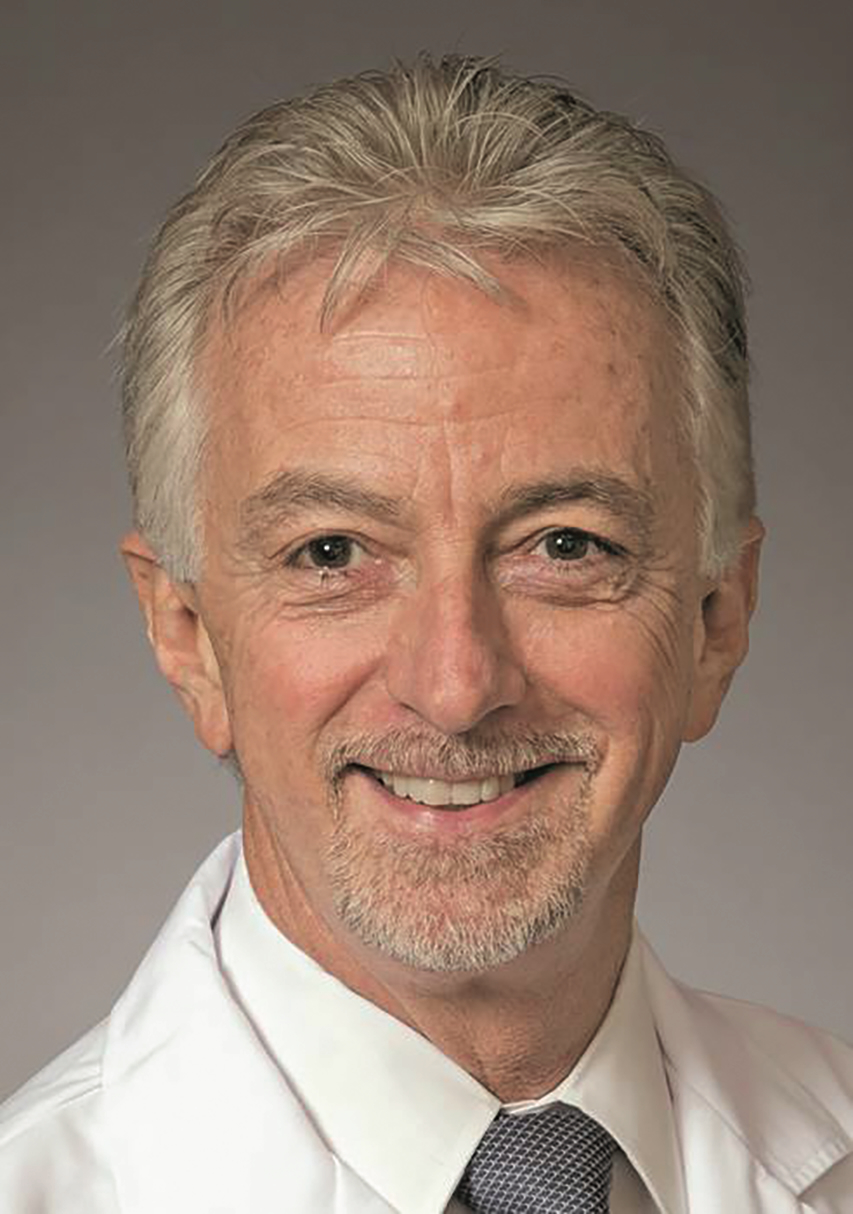 Kirk N. Garratt, Newport, Delaware: A truly great physician is one who recognizes that, despite being awesome, they’re not the only competent, qualified operator within reach for any elective invasive procedure. You can’t do invasive procedures on yourself (with apologies to Werner Forssmann*). So, you can recommend the person you’d have do your cath/invasive procedure. Tell your family member you have complete faith in their skill and judgement. Point out that they won’t be as vulnerable to crippling anxiety in the unlikely event of a complication. This colleague will have the benefit from your opinion and advice but not your presence in the lab, which could be as much a liability as a benefit. Your family member will love you for that.
Kirk N. Garratt, Newport, Delaware: A truly great physician is one who recognizes that, despite being awesome, they’re not the only competent, qualified operator within reach for any elective invasive procedure. You can’t do invasive procedures on yourself (with apologies to Werner Forssmann*). So, you can recommend the person you’d have do your cath/invasive procedure. Tell your family member you have complete faith in their skill and judgement. Point out that they won’t be as vulnerable to crippling anxiety in the unlikely event of a complication. This colleague will have the benefit from your opinion and advice but not your presence in the lab, which could be as much a liability as a benefit. Your family member will love you for that.
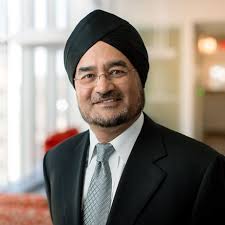
Charanjit S. Rihal, Rochester, Minnesota: Sage advice, Kirk. A related issue is family members wanting to observe a procedure. I have not allowed that but I would say I would be more than happy to show you the pictures later. What is your practice?
Morton Kern, Long Beach, California: Chet, see TCTMD on family members observing live cases and thoughts on having family members in the operating room.5 Mostly not a good idea.
The Bottom Line
From these first-person observations, with rare exception, it is ill advised to treat a family member. For a close friend, it depends on how close. We are or should be surrounded with highly competent colleagues who can step up to care for ourselves or our family when needed. Be the astute and caring family member with special knowledge to make their journey safer, comfortable, and informed.
*Werner Forssmann was a pioneer of cardiac catheterization. In 1929, at the age of 25, while doing his surgical training, he passed a ureteral catheter into his left antecubital vein under local anesthesia, and with fluoroscopic guidance advanced it for 65 cm until the tip of the catheter was lodged in his right atrium. Forssmann then walked to the radiology department to obtain a chest radiograph that recorded the position of the catheter.
From Afshar A, Steensma DP, Kyle RA. Mayo Clin Proc. 2018 Sep;93(9):e97-e98. doi: 10.1016/j.mayocp.2017.08.026
References
1. American Medical Association. AMA Code of Medical Ethics. Opinion 1.2.1. Treating Self or Family. https://code-medical-ethics.ama-assn.org/ethics-opinions/treating-self-or-family
2. American Medical Association. AMA Principles of Medical Ethics. https://code-medical-ethics.ama-assn.org/principles
3. Nayak KR, Mehta HS, Price MJ, Russo RJ, Stinis CT, Moses JW, Mehran R, Leon MB, Kandzari DE, Teirstein PS. A novel technique for ultra-low contrast administration during angiography or intervention. Catheter Cardiovasc Interv. 2010 Jun 1; 75(7): 1076-1083. doi:10.1002/ccd.22414
4. Position Statement: Treatment of Self, Family Members and Close Relations. Federation of State Medical Boards (FSMB). https://www.fsmb.org/siteassets/advocacy/policies/position-statement-treatment-of-self-and-family-members-and-close-relations.pdf
5. Kern MJ, et al. All eyes on PCI—should patients’ family members watch cases? TCTMD.com. 2024 Dec 19. https://www.tctmd.com/news/all-eyes-pci-should-patients-family-members-watch-cases
Further reading
1. Latessa R, Ray L. Should you treat yourself, family or friends? Fam Pract Manag. 2005;12(3):41-44. https://www.aafp.org/pubs/fpm/issues/2005/0300/p41.pdf
Find More:
Grand Rounds With Morton Kern, MD
Cardiovascular Ambulatory Surgery Centers (ASCs) Topic Center
The Latest Clinical & Industry News
Peripheral Artery Disease Topic Center
Podcasts: Cath Lab Conversations










